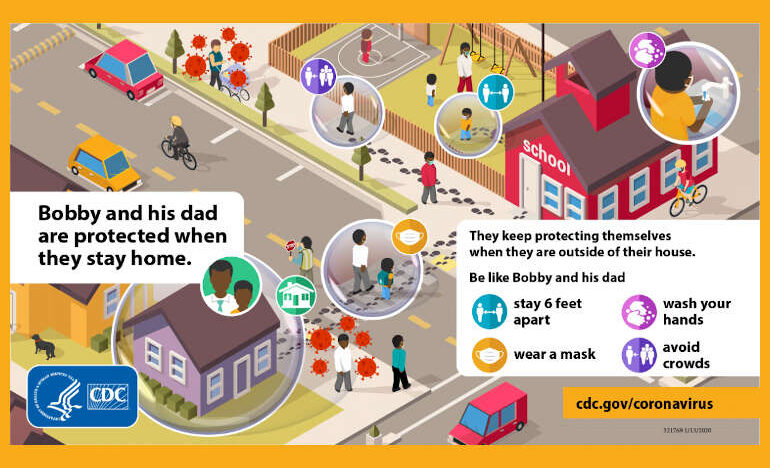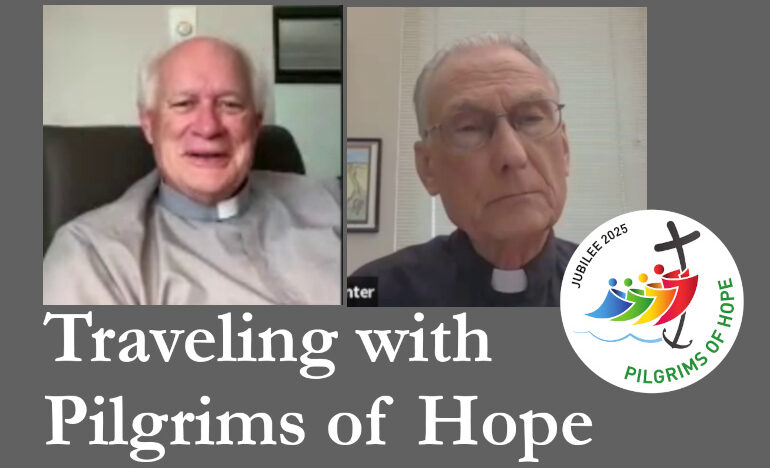Family Matters #21: Challenging Times, Challenging Children Part 2

How do we teach our kids to reconnect and socialize after the isolation of the Coivd-19 pandemic?
By Lucia Ferrara
Part 2
In our previous article, we discussed how the pandemic has challenged all of us to look at our own lives in different ways. Some ways include changes in daily activities, hygiene, work and school — in short, just about anything and everything you can think of in your lives.
But our youth, I believe, have been hit the hardest.
Our children have had to adapt to being isolated in many ways from, school, sports, friends and family. These elements affect their minds, bodies and spirits in so many ways. Now that the population is getting vaccinated and restrictions are beginning to be lifted, there is yet another obstacle to getting back to somewhat of a “normal.” We ask ourselves what does this look like? Will our “normal” ever be the same as it was before? How do we teach our kids to reconnect and socialize after the isolation of the Coivd-19 Pandemic?
All the articles in the Family Matters series are available here.
Our youth all crave each other’s attention. They learn from one another. These interactions help them grow and thrive. Dr. Jennifer Wojciechowski, a clinical child psychologist at Sharp Mesa Vista Hospital, in San Diego, California, says, “Everyone needs social interaction to stay mentally strong. But for young children in particular learning how to connect with others is a vital skill for their development.”
More than a year ago, the pandemic hit and so much of our children’s social interaction came to a sudden halt! No one really knows how the long-term impact of the pandemic and lost socialization will have on kids, but Dr. Wojciechowski has reassuring words for parents and caretakers: “Kids are malleable and resilient.”
Living the Protective Factors that are presented by Be Strong Families, the educational nonprofit behind the Parent Cafes that the Renewal Center hosts, and that we have been exploring in these Family Matters columns, are more important than ever. We all need to maintain vitality and resilience. The Protective Factors emphasize “personal wellness is the foundation for strong families and communities.”
Here are some ways we can teach our youth to reconnect and socialize after strict isolation during the pandemic.
The weather now allows us to enjoy the outdoors. Reconnect and socialize by letting your kids set up times where they can hang out with friends at a park; pack a lunch for a picnic, and walk the park’s trail. All this can be done while maintaining social distancing protocols.
If you have one, let the kids take your pet along; this may be the highlight of the day or even the week!
More importantly before any of this happens set up a meeting time to have an open and honest conversation about each other’s boundaries. Discuss each other’s ideas on how to navigate the time you are going to spend together. Know your limits, respect each other’s boundaries and find activities in which your children can support one another.
Never miss an article published on the Renewal Center website: Sign up to receive our newsletters
The best tip to follow is teaching our kids is to stay informed. Limit the over-consumption of media and stick to official health experts. For example, the Center for Disease Control and Prevention and World Health Organization websites are both good options. The CDC has excellent resources, such as this Talking with children about Coronavirus Disease. This will help ease any anxiety about reconnecting and socializing.
[Lucia Ferrara is the Director of Hospitality at Precious Blood Renewal Center and the lead organizer here of Parent Cafes. Share your thoughts with Lucia or ask her questions by using the form below or sending an email to info@pbrenewalcenter.org. Read more about the Parent Café here.]
We’d Like to Hear From You!
We’d like to know what you think about this article. Send us a comment using the form below. Do you have a suggestion? Is there something you want to learn more about? Send us a note.
Related

Do You Hear What I Hear?
By Fr. Garry Richmeier, C.PP.S.
How can we avoid the harmful affects of the polarization that characterizes so much of our lives these days? One step toward this end is to cultivate a greater understanding and appreciation for the idea of relativity in human behavior.

Pilgrims of Hope, Episode 9: Walking with Deacons of Hope
In this episode, Fr. Ron Will talks with Deacon Kevin Cummings from the Kansas City, Kansas, archdiocese. He and a fellow deacon founded the organization Deacons of Hope, a parish-based, nonprofit, pro-life ministry for permanent deacons.
Categories
Assembling God's Puzzle Coffee with Padre Cooking & Spirituality Encounters of the 4th Kind Family Matters Reflections on the Eucharsitic Prayers Spiritual Resources Taize Prayers The Contemplative Life Traveling with Pilgrims of Hope Uncategorized Videos Week of Prayer for Christian Unity When you need a little help
